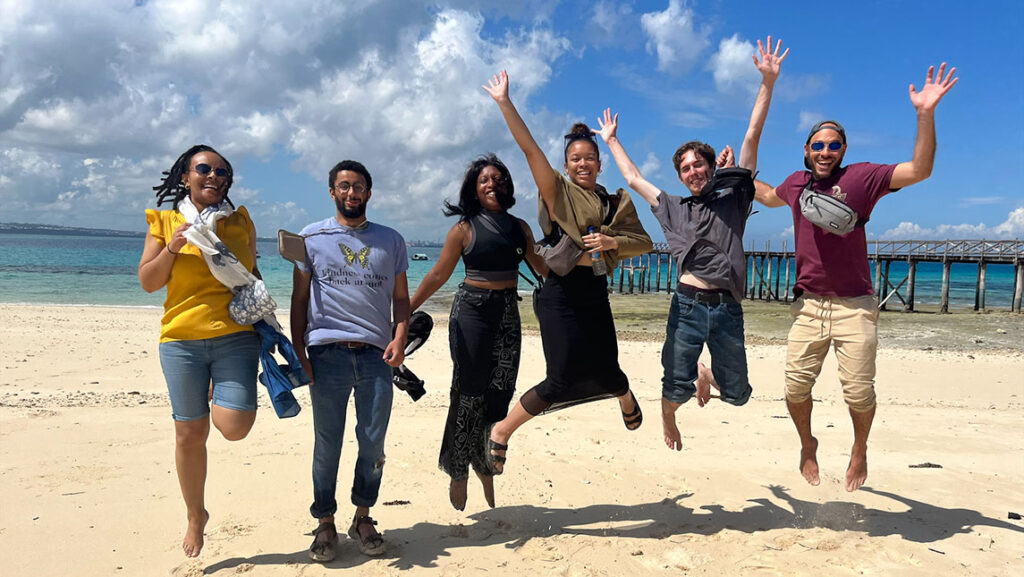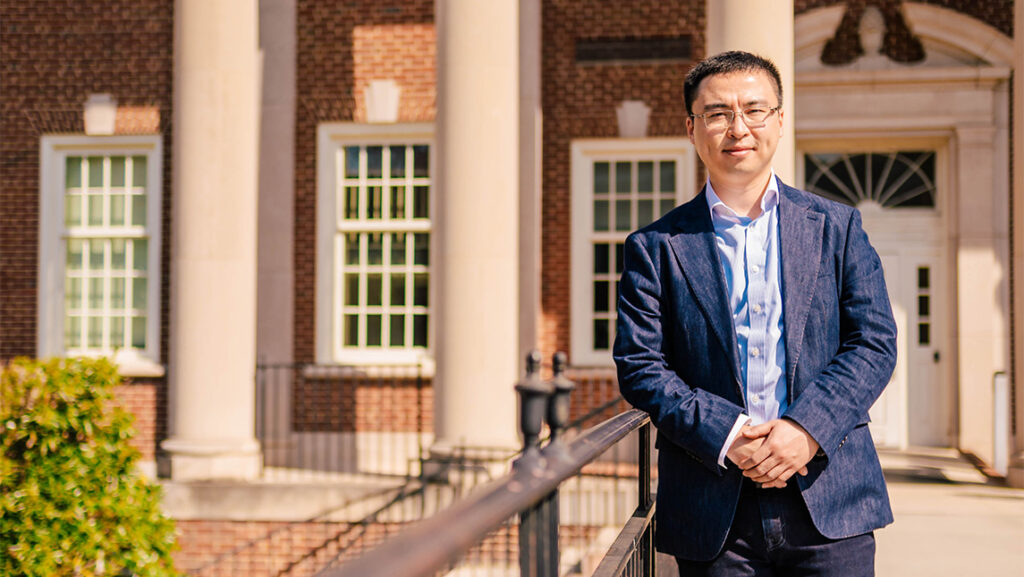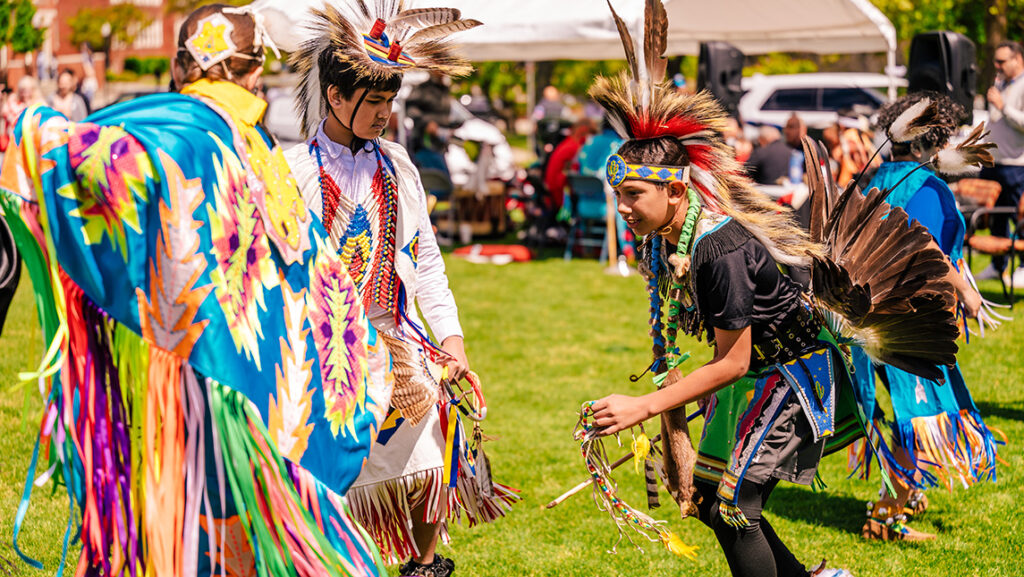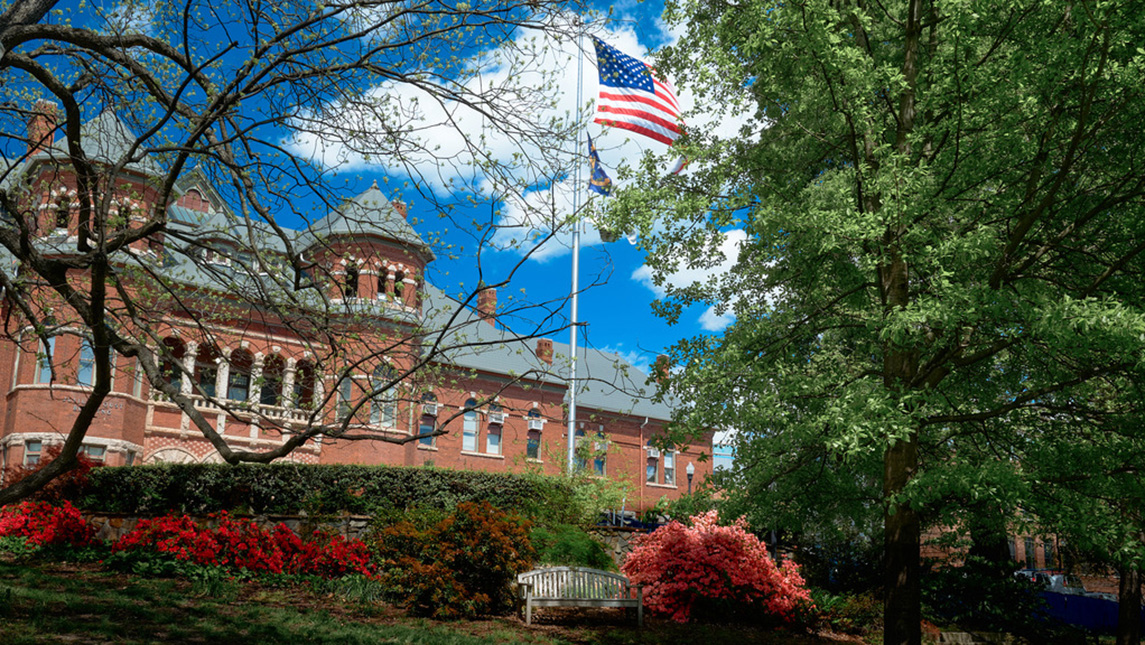
As we approach the holiday weekend, it’s clear that Independence Day feels markedly different this year.
The nation continues to face a public health crisis. Black Lives Matter demonstrations are ongoing, as communities have tough conversations about the realities of systemic racism. Divisions and disparities are perhaps more visible than ever before.
For many Americans, it’s difficult to celebrate life, liberty, and the pursuit of happiness when these “unalienable rights” have always been – and continue to be – out of reach for so many of us who call the United States home.
This July 4th, we decided to do something different. Instead of a light, celebratory story, we asked for honest perspectives from students, faculty, staff, and alumni about what July 4th has meant to them, and what it means this year.
Here’s what they had to say.
Dr. Stephanie Coard
Associate professor and director of graduate studies
Department of Human Development and Family Studies
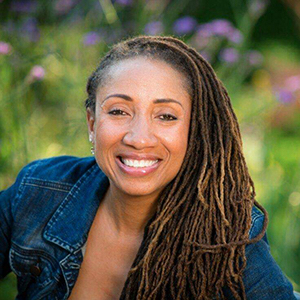
We are living in a pandemic within a pandemic. One is a virus that is terribly impersonal. The other is racism (America’s original disease), which is profoundly personal. As an African American woman, mother, and faculty member, this July 4th is particularly challenging for me because I am reminded that the 4th of July is a festivity with no substance, a celebration with no soul. It is a celebration I am welcomed to attend and admittedly have tended to do so each year. However, this year I am reminded that this celebration is not for me (us). We are visitors to the celebration and I prefer not to eat the hypocrisies being served. This year I will be spending July 4th with immediate family members in a safe space (i.e., home) where I will reflect and continue to gather my thoughts. There is much work to be done, individually and collectively, and I remain committed to using my research, clinical skills, and community affiliations to foster knowledge and promote healing.
Eduardo Pinero
VA certifying official
Military-Affiliated Services
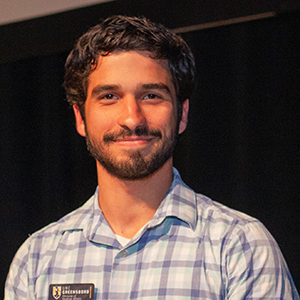
Each year the 4th of July brings forth my feelings of patriotism and gratitude to a nation that opened its arms to me and my family when we needed it most. Although I tend to see the land as an example of freedom, liberty, and justice, this Independence Day is taking place during one of the most challenging times in my memory. I am letting this day serve as a time for reflection on what we have achieved as a nation and recognize that there are still many issues that must be addressed to achieve true equality and justice beyond the scopes of the values under which this nation was founded.
Due to the pandemic I have limited my social contact, and although the occasion is special, this 4th of July I will probably continue to follow these guidelines with my loved ones. I will reflect on the current social climate and hope that one day we are able to celebrate with unity.
April Marshall
Assistant director for leader development
Office of Leadership and Civic Engagement
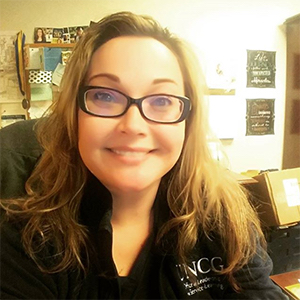
I have been thinking a lot longer and harder about what Independence Day means to me this year, and at the end of the day, the best word I can think of to describe how I feel is unsettled. On the one hand, I am proud to be American. I served in the United States Air Force and do not regret one minute of my service. I believe wholeheartedly in my interpretation of the words of the Declaration of Independence, but what I am coming to recognize is that though the language used in the declaration sounds democratic and powerful and just – life, liberty, rights, happiness, respect – the reality of honest entitlement to those words depends on your ethnicity and gender and religious preference (among other things).
This year, I will spend the day with my three children and my partner. We will cook out and have some fun. And we will also talk about equality and equity, racism and prejudice, and what being an American means to each of us and to those around us. There are definitely some things to celebrate – and there are definitely even more things we need to acknowledge and take seriously and act on.
Dr. Jen Feather
Associate professor
Department of English
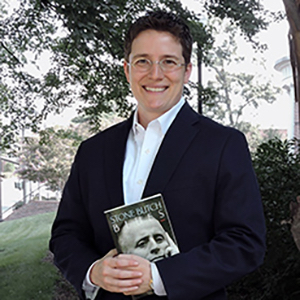
With liberty and justice for all . . .
These words, recalled from a thousand elementary school recitations, have been ringing in my ears lately as we come to celebrate the 4th of July. In the context of the Pledge of Allegiance, they are a description of the United States of America, but today they still seem more aspirational than actual. Still, they articulate a dream that acknowledges what seems only too clear: justice is a precondition for liberty.
Are you free to decline to wear a mask if doing so limits my ability to access the world without a heightened risk of infection? Does the safety a police force secures afford liberty to some while creating unlivable conditions for others?
Over the July 4th holiday, I hope to listen to the voices that are crying out for justice. Voices in books, on podcasts, and in film, but also, the voices of my friends and neighbors who still long for justice. I hope to join them in imagining an America that lives up to its aspirations, one that truly secures liberty and justice for all. I am reflecting on how we make this America a reality.
Rob Knox
Associate athletics director for strategic communications
UNCG Athletics
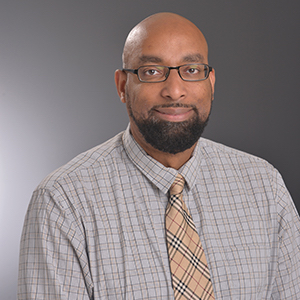
It will be strange not to see the beaches packed and all the great concerts this year because of the pandemic. I know that’s tough for a lot of people. But on a positive note, this weekend gives everybody an opportunity to reflect on where we are as a country and what they can do to improve racial equality, end systemic racism, and make a difference in their communities.
The 4th of July has always been another day for me. I think it’s important to understand and recognize that when the Declaration of Independence was signed in 1776, African Americans were still slaves in this country. My plans are to drive to Georgia and spend time with my family. We’ll laugh, have fun, play games, eat well, and watch some movies. We are also planning to visit the Edmund Pettus Bridge in Selma and the Civil Rights monuments in Montgomery, Alabama, weather permitting.
Elliott Kimball
Assistant director
Office of Intercultural Engagement
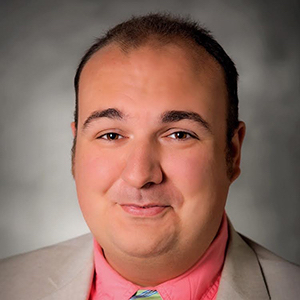
All of these things lead me back to one word: access. For those of us that hold marginalized identities or belong to groups that have historically been oppressed, the freedom that is celebrated on Independence Day is a freedom built by some and for some. We can look back and be thankful at the progress we have made over the last 250 years, but we must also realize that the ability to celebrate freedom is in itself a privilege. Why? Access. Everyone has not always had access to the freedom gained and celebrated on July 4th, and even now, with our lens magnifying the experiences of our most marginalized Americans, true freedom can’t be accessed by everyone.
A great example of this is in the saying we see many Black Americans using to describe their experiences: “I can’t breathe.” Breathing is something we often don’t think about. It’s effortless for many of us – until something restricts or obstructs our ability to breathe – then it becomes the most urgent of priorities. Living in America is the same way. For some people, they can breathe freely without ever having to worry about or even consider that something could interrupt that, while for others, their ability to do something as basic as exist is threatened on a daily basis. With this in mind, how do we celebrate Independence Day? I encourage you to do one thing to make the Land of the Free a little bit more free for someone with an experience different than yours. Do something to aid in moving one of many obstacles that prevent certain groups of Americans from truly being free. You are just a web search away from all of the resources you need to take even a small step in this work.
Samaya Roary ’19
Legislative correspondent and press assistant
U.S. House of Representatives
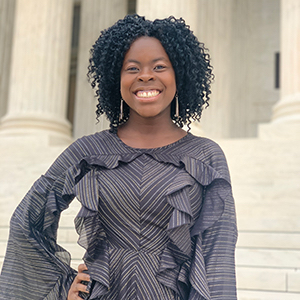
To articulate what July 4th means to me this year, I have to reflect on what Juneteenth meant for me this year – and that was grappling with the fact my ancestors didn’t learn of their “freedom” until a few years later and that their descendants (Black folks like me) are still fighting for basic human rights and true freedom over a century and a half later. However, I found comfort and pride in the words of a powerful truth by Brittany Packnett-Cunningham: “Every Black person you meet is a miracle.”
I often reflect on my mom telling me as a young girl that I didn’t have to stand and recite the Pledge of Allegiance because it wasn’t true for me. I always pushed back and insisted it did, mostly out of fear of being the only one in my classroom opting out. However, as a young woman on this Independence Day, I’m glad we are finally beginning to confront the harsh realities that too many of us, including myself, have let our love for our country blind us to – that liberty and justice for all doesn’t encompass everyone. Despite that, I celebrate, because the beauty of America is as a young Black woman I walk the halls of Congress, where the power presides, to ensure Black people are included in that “all.”
Independence Day for my family has always been about a day off of work, nothing more and nothing less. Simply a time to relax, have fun, and fellowship with our staple foods: fried fish and watermelon. This year, given COVID-19, we will not be gathering as a large family. Instead, I plan to wear a mask and visit the Black Lives Matter street painting with my closest friends, support a Black-owned restaurant for lunch, and ensure we find some ways to laugh, smile, and find joy amid the societal changes surrounding us.
Naglaa Rashwan
President, Graduate Student Association
Master’s student, Public Health Education
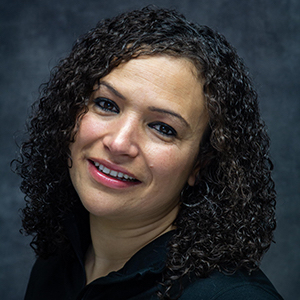
The 4th of July means a day of reflection and celebration. I will be reflecting on how major changes in history were accomplished by hard work, dedication, resilience, and sacrifice. I will be thinking that we will survive the pandemic by being hopeful and seeing the hard work we do to adapt. I will give myself credit that I am trying my best to study, work, and take care of my family during the pandemic.
Independence Day was a day of accomplishment and justice for all Americans. This day was the day of the establishment of a great nation. This day will be a reminder that our nation is capable of recreating itself to be more just and equitable to all citizens. Justice is hard work and dedication to create an environment where we all feel valued, feel empowered, and feel equitable. The 4th of July this year will mean a collective sense of commitment to work together to make America a country free of racism and a country that is a place of greatness and celebration.
Austin Moore
President, Student Government Association
Senior, Political Science
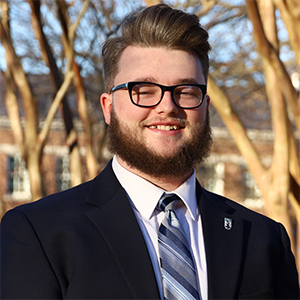
July 4th is a day of reckoning. We should treat it as more than just a day of fireworks and parties. We, as Americans, should spend July 4th reflecting on not only the founding and birth of our country but also reflect on the progress and shortfalls within our nation. In light of the recent events, we must recognize this problem does not stem from something new, rather something fundamentally wrong and we must address it. As the day fades to night, we must look within ourselves and to each other for finding solutions to the turmoil we face. And as the fourth transitions to the fifth, we must address the wrongs we discovered such as systemic racism, police brutality, and countless other issues within our nation and actually fix them.
This July 4th, I plan to spend time with friends and family. For those who know me, I really enjoy making barbecue. And further to that point, I love researching history. The history of barbecue holds deep roots in African American and Indigenous culture. As I spend time with my family, I will reflect on the various people who were erased from history for the techniques and art they developed.
